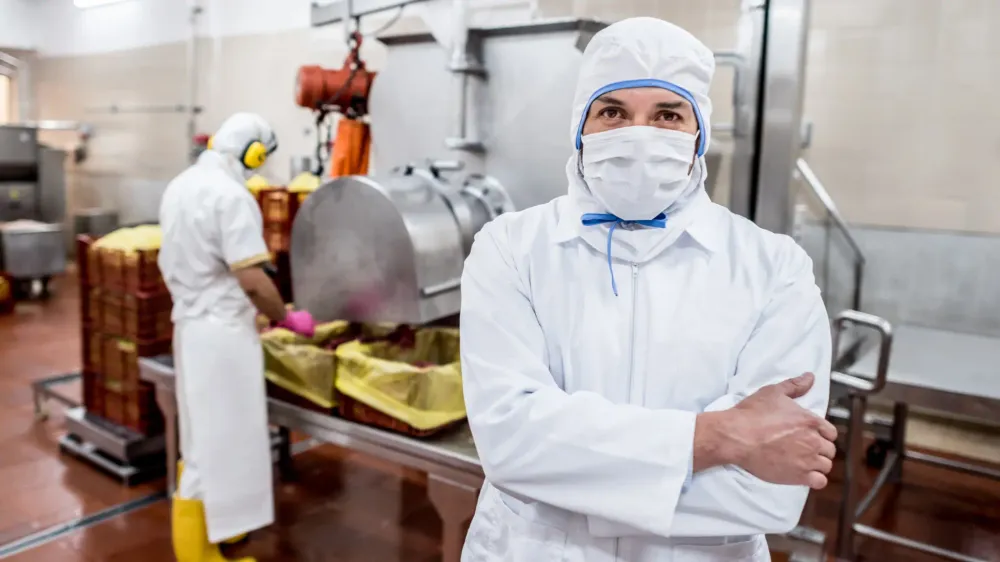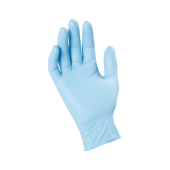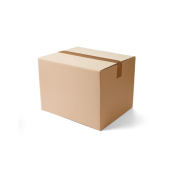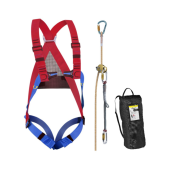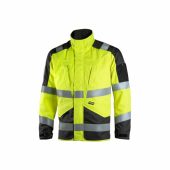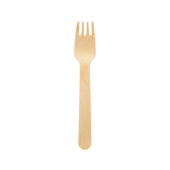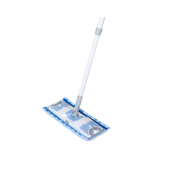Choosing the right face mask for food industry workers is essential for both safety and compliance. With various options available, it can be hard to determine which mask fits your needs. In this article, we’ll break down the different types of face masks and help you make an informed choice for your workplace.
By the end, you’ll understand the key features of each mask and how to select the best one for your team. We’ll also guide you on maintaining and replacing your masks, so you’re ready for the next step. Let’s get started and ensure you have the right protection for a safer, more efficient work environment.
Types of Face Masks for Food Industry Workers
Understanding the specific features of different types of masks can help you select the most suitable option for your needs.
Surgical Masks
Surgical masks are designed to protect the wearer from large respiratory droplets and to minimize contamination of the environment by trapping expelled particles. While not classified as respirators, they are commonly used in settings where protection against larger particles suffices.
Key Features:
- Protects against large droplets
- Comfortable for extended use
- Affordable and widely available
Common Uses:
- Food preparation areas where minimal particle exposure is expected
- Preventing saliva or other droplets from contaminating food products
Disposable Respirators (FFP Masks)
Disposable respirators, such as FFP1, FFP2, and FFP3 masks, offer varying levels of filtration efficiency. These are ideal for food industry workers exposed to fine particles, such as flour dust or spices.
Key Features:
- Provides high filtration efficiency
- Lightweight and disposable
- Often fitted with a valve for easier breathing
Common Uses:
- Environments with increased levels of airborne particles, like flour mills
- Tasks involving spices, powdered ingredients, or fine dust particles
To learn more about these respirators, visit our product category page.
Reusable Half Mask Respirators
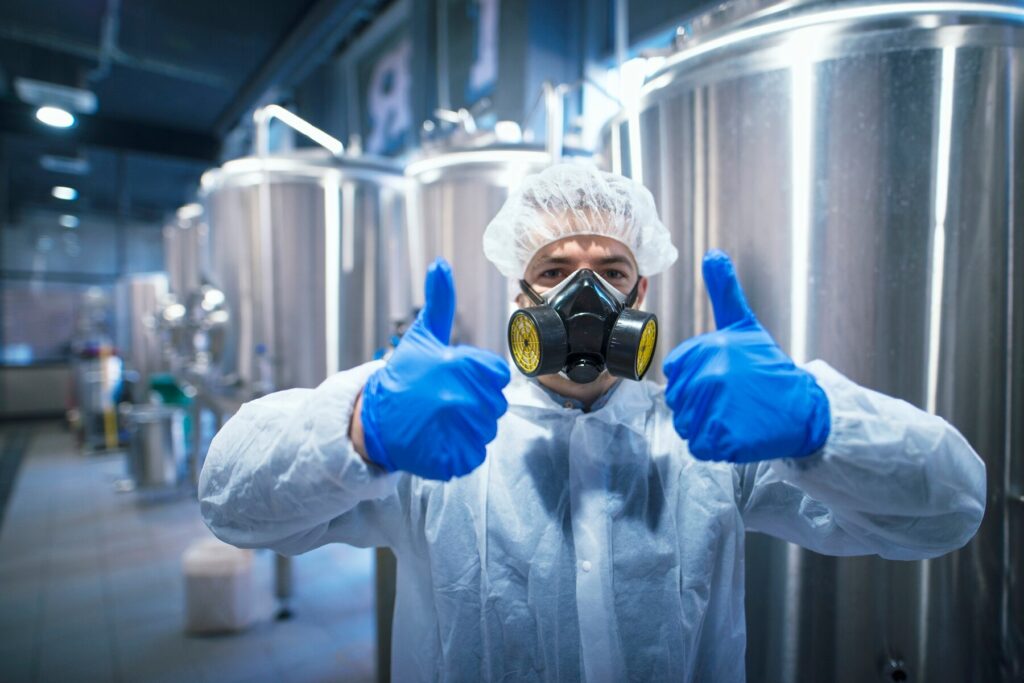
For tasks involving working in environments with airborne particles over extended periods, half mask respirators offer a durable solution. They can be equipped with replaceable filters, providing flexibility and long-term cost efficiency.
Key Features:
- Durable and reusable
- Customizable with different filters
- Offers a secure fit
Common Uses:
- Extended shifts in dusty or vapory environments
- Workers handling allergenic or allergenic or challenging food ingredients
Check out our Half Mask Respirators for more options.
Full Mask Respirators
Full mask respirators provide complete facial protection, including the eyes. These are suitable for environments where both respiratory and eye protection are essential.
Key Features:
- Comprehensive protection
- Ideal for areas requiring enhanced hygiene measures
- Available with a range of filters
Common Uses:
- tasks requiring enhanced protection when using cleaning agents
- Food production processes requiring both respiratory and facial protection
Explore our selection of Full Mask Respirators.
Comparing Face Masks: A Practical Chart
| Type of Mask | Protection Level | Reusability | Cost Efficiency | Common Uses |
| Surgical Masks | Large droplets only | Disposable | High | Basic hygiene |
| Disposable Respirators | Fine particles (FFP1-FFP3) | Disposable | Moderate | Dusty environments, flour mills |
| Half Mask Respirators | Fine particles and vapors | Reusable | High | Prolonged exposure to contaminants |
| Full Mask Respirators | Particles, vapors, eyes | Reusable | Moderate | High-risk environments |
Regulations and Standards for Face Masks
In Europe, face masks are categorized according to EN 149 standards, which define the filtration efficiency of FFP masks:
- FFP1: Minimum 80% filtration efficiency
- FFP2: Minimum 94% filtration efficiency
- FFP3: Minimum 99% filtration efficiency
Refer to this reputable resource for detailed insights into respirator selection.
When to Replace Your Face Mask
Disposable masks should be replaced after a single use or if they lose their effectiveness due to moisture or use. Reusable respirators require regular cleaning and filter replacement according to the manufacturer’s guidelines.
Maintenance Tips:
- Wash reusable masks with mild soap and water after each shift
- Inspect filters regularly and replace them as per usage guidelines
- Store masks in a clean, dry place to maintain hygiene
Related Articles and Buying Guides
For additional guidance on selecting the right PPE:
- How To Choose The Right Full Mask Respirators – A Buyer’s Guide
- Half Mask Respirators: Everything You Need To Know
Final Thoughts
Selecting the right face mask for food industry workers ensures both safety and compliance with hygiene standards. Whether you opt for disposable respirators, half mask respirators, or full mask respirators, understanding your specific requirements is key.
We hope this guide has been helpful in understanding the different types of face masks for food industry workers, from mask features to industry standards.
Whether you’re handling fine particles in a food processing facility or ensuring hygiene during food preparation, we’re here to support your safety needs.
Explore our range of disposable respirators to find the perfect match for your workplace.
Have questions or need advice on selecting the right face mask? Don’t hesitate to reach out—we’re always here to ensure your team’s safety and confidence with every purchase.
– The Droppe Team
Frequently Asked Questions
Surgical masks protect against large droplets, while respirators filter out fine particles for better respiratory protection.
Choose based on the level of exposure: FFP1 for light dust, FFP2 for moderate exposure, and FFP3 for higher-risk environments.
Yes, as long as the filters are suitable for the specific contaminants in the environment.
Replace them after each use or if they become damp, damaged, or soiled.
Full mask respirators are recommended for high-risk environments with both airborne contaminants and potential eye exposure.

